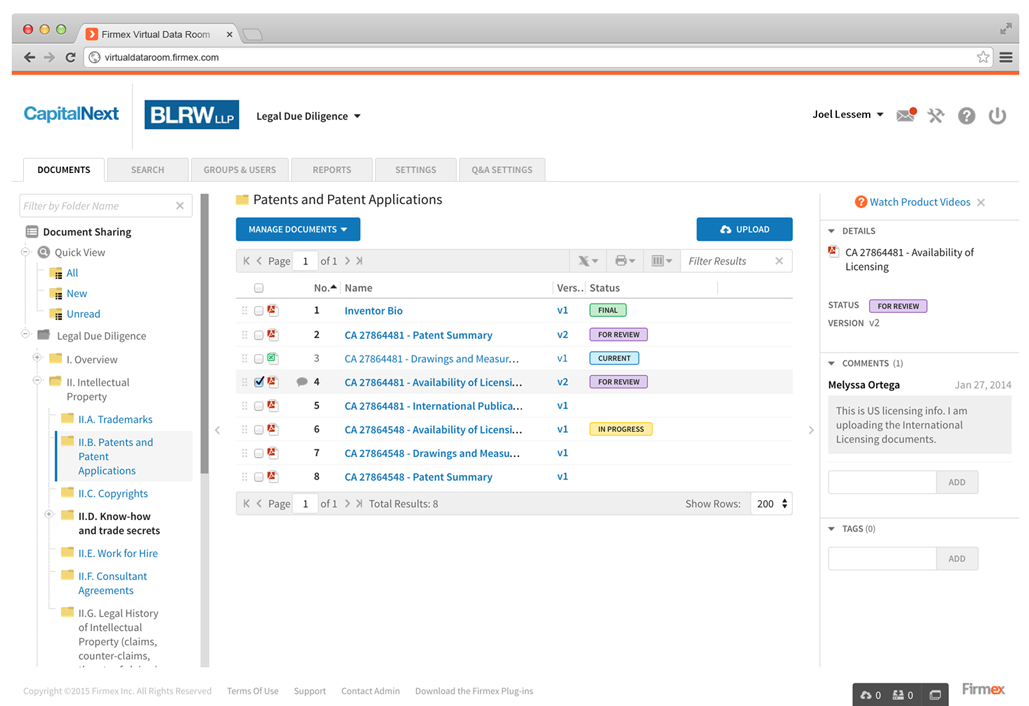Companies strive to achieve rapid digital transformation and improve data management efficiency. Process automation, part of the data room’s cloud collaboration solutions, opens up excellent business opportunities. Here is more about it. Virtual data room: collaboration in a cloud One of the biggest challenges for companies of all sizes is managing the rapidly growing volume […]




